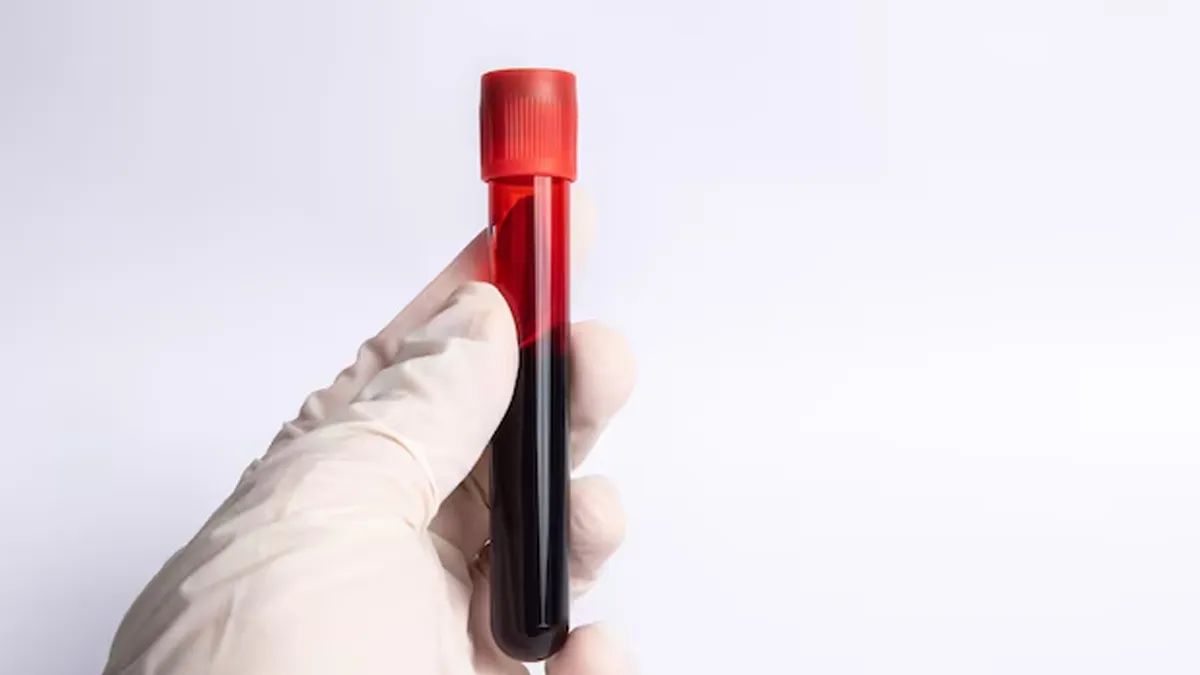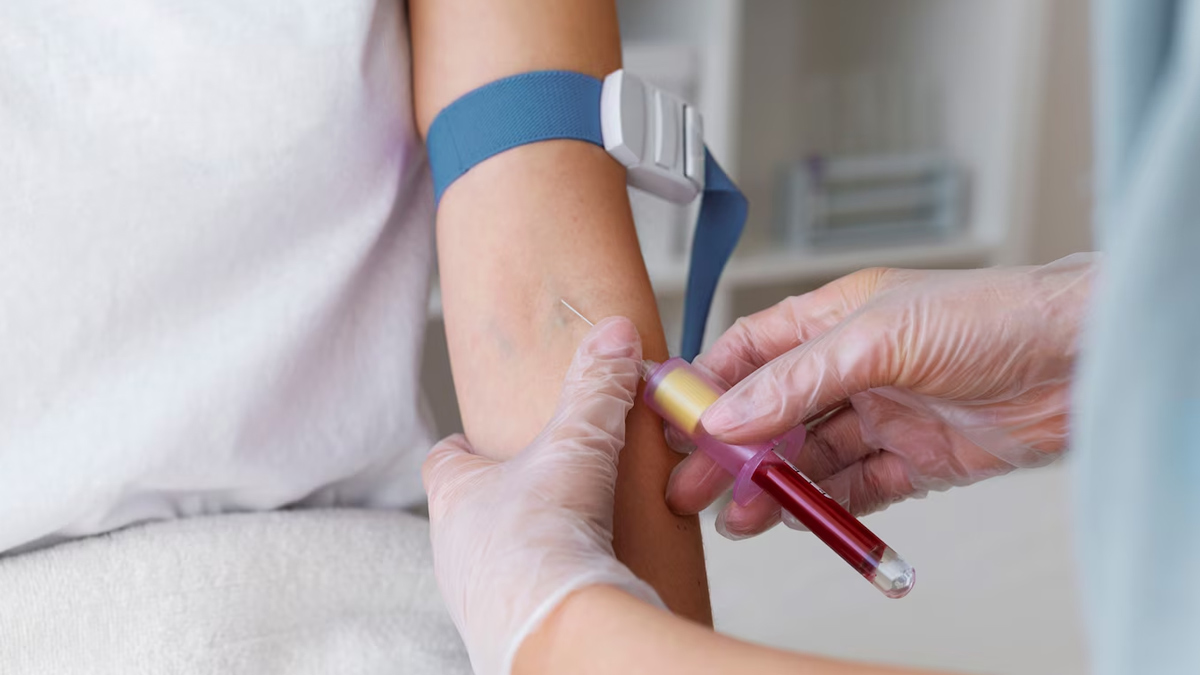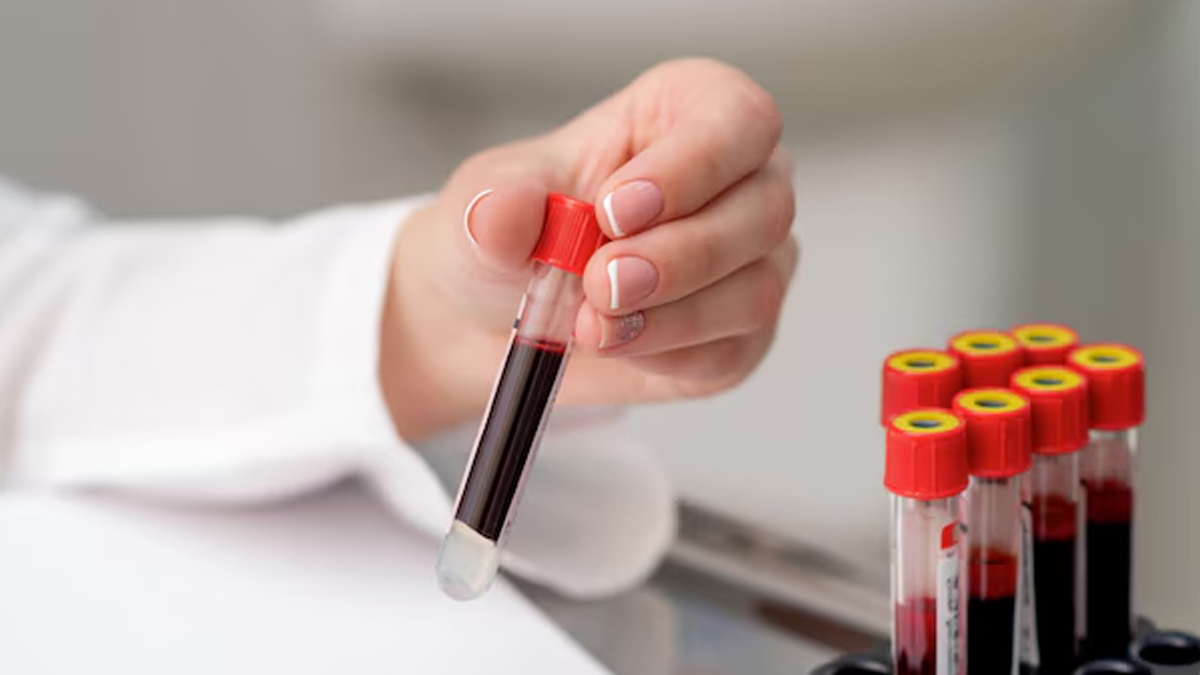
In a truly rare and remarkable medical discovery, French scientists have identified a brand-new blood type – something that doesn’t happen often. Known as 'Gwada negative', this newly recognised blood group has now earned its place as the 48th blood group system in the world. The discovery, recently confirmed by the International Society of Blood Transfusion (ISBT) in Milan, could be a game-changer for patients who live with rare blood types and often struggle to find compatible donors.
Table of Content:-
A Chance Discovery

The journey to this discovery began 15 years ago when a 54-year-old woman from Guadeloupe, a French territory in the Caribbean, underwent routine pre-surgical blood tests in Paris. During the tests, an unusual antibody was detected in her blood, raising immediate interest among experts at the French Blood Establishment (EFS).
Thierry Peyrard, a medical biologist at the EFS who played a key role in the research, explained that limited resources at the time prevented further investigation.
Also Read: Blood Type Diet: Should You Eat Foods According To Your Blood Group? Experts Explain
It wasn’t until 2019, with the advent of high-throughput DNA sequencing technologies, that researchers were able to revisit the case and identify a previously unknown genetic mutation responsible for the woman’s unique blood profile.
What Is So Rare About This Case?

Peyrard emphasised the rarity of this blood group and shared that the woman "is undoubtedly the only known case in the world". "She is the only person in the world who is compatible with herself,” he noted.
The woman inherited the mutated gene from both her mother and father, making her the sole identified carrier of this unique blood type.
The name 'Gwada negative' is a nod to the patient’s Caribbean roots. 'Gwada' is a colloquial term for Guadeloupe and was selected for its linguistic simplicity and appeal across languages. It has been warmly received by scientists and medical professionals alike.
The Future Of Blood Typing
![3]](https://images.onlymyhealth.com/only-my-health-english/images/2025/06/24/template/image/3]-1750754058137.jpg)
The ABO blood group system, discovered in the early 1900s, remains the most widely known. However, advances in genetic sequencing have accelerated the discovery of other complex blood group systems in recent years.
At first, discovering a new blood type might sound like something only scientists would get excited about. But this finding could make a real difference in people’s lives.
For anyone who’s ever needed a blood transfusion during surgery, after an accident, or while living with a chronic condition, finding a perfect match can mean the difference between life and death. While most people fall into the common blood groups like A, B, AB, or O, there are some whose blood is so rare that matching it becomes nearly impossible.
Also Read: Can A Simple Blood Test Predict Your Lifespan? Study Answers
That’s why the discovery of Gwada negative is such a big deal. It adds a new layer to our understanding of human blood, and it could help people who’ve struggled to find compatible donors. The woman whose blood led to this discovery is currently the only known person in the world with this type. But now that scientists know what to look for, they can start searching for others who may share this rare group without even knowing it.
Conclusion
The discovery of Gwada negative, a new and rare blood type found in a woman from Guadeloupe, has been officially recognised as the 48th blood group system. This medical milestone, made possible through advanced DNA sequencing, underscores the growing importance of genetic research in transfusion medicine and patient care.
Also watch this video
How we keep this article up to date:
We work with experts and keep a close eye on the latest in health and wellness. Whenever there is a new research or helpful information, we update our articles with accurate and useful advice.
Current Version
